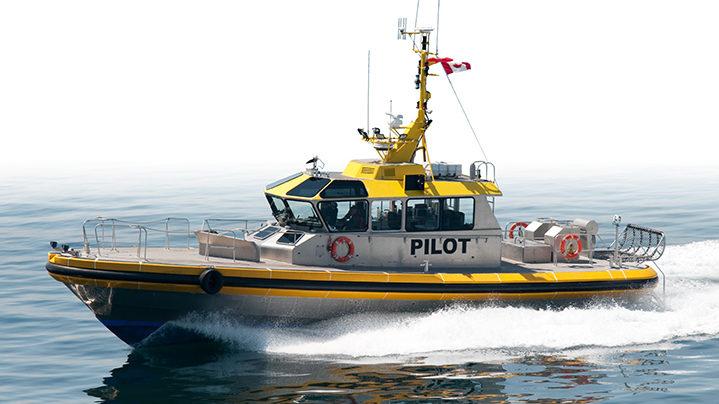
In Canadian ports and other specific waterways, ships are mandated by law to have a specially-trained mariner called a pilot come on board to help with local navigation – this is called pilotage. The rationale is that this pilot will navigate the challenging areas where the ships’ crew may not have travelled often and know the potential hazards. This is an important safety measure, for example, for international ships that don’t have local knowledge or sufficient local experience.
The pilotage system, however, has not been reformed in 45 years and the costs of pilotage services are out of control.
New legislation to modernize Canada’s pilotage system for commercial ships was finally passed in June 2019, which holds promise to improve the efficiency and competitiveness of marine transportation while still ensuring the highest standards of safety.
There is still much work ahead to develop the policies and programs and supporting regulations that will make these amendments truly effective. The shipping industry will be working with government and pilotage authorities and corporations on this front in the coming months, and it is expected to take a full two years before the reform process is completed.
The legislation essentially delivers a framework that for the first time will bring greater transparency and impartial decision-making to a costly government-mandated service that has for decades been provided with little accountability, or input from ship operators and their customers – despite the fact that it is paid for by industry fees.
With just over 400 pilots in Canada, pilotage is managed by four federal crown corporations, each with their own set of regulations, operational procedures and management practices. For example; these pilotage authorities (with input from pilots) decide what areas should be designated mandatory pilotage zones and how many pilots should be on board.
In some areas, these pilotage authorities must contract pilots from monopoly, for-profit pilot corporations, which are not obligated to provide any financial transparency. Arbitrary rules abound in this opaque system, written into service contracts with pilots and outside of regulations. These rules vary from region to region and can include overly complex notice periods to order a pilot, adding confusion and costs.
The Pilotage Act will now have clear purpose and principles to guide decision-making to consider safety and sound risk management as well as evolving technology and providing pilotage services in an efficient and cost-effective manner. Other changes include: transferring regulatory responsibilities from pilotage authorities to the Minister of Transport Canada; establishing a regulatory authority for risk assessments; creating an open and clearly laid out fee-setting process, based on fair and reasonable fees; and making service contracts with pilot corporations public.
All of these are essential elements to good governance which has been lacking in today’s monopoly pilotage system.
Another significant addition is the ability for Transport Canada to create an improved and standardized pilotage certification program across the country that promotes onboard training and certification of Canadian domestic ship operators’ masters and officers to pilot their own vessels.
Domestic Canadian ship captains have the local knowledge and expertise to pilot a ship safely with the added benefit of knowing their own ship’s equipment and capabilities. New fleet investment of over $2 Billion in “eco ships” has brought even more technological advancements.
Industry will be keen to work with Transport Canada to develop a certification system similar to what exists with the Great Lakes Pilotage Authority. Statistics show that this system has been very successful with Canadian crews having an equal to or even better safety record in those waters than vessels navigated by pilots.
This would be a huge improvement to the out-of-date systems that currently operate in other pilotage areas and discourage certification, despite the fact that domestic captains are government licensed, regularly travel on these waterways and know their ships better than anyone.